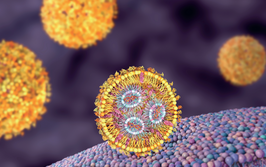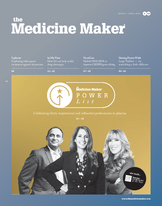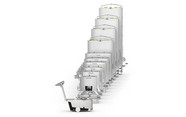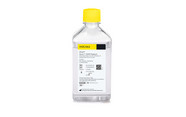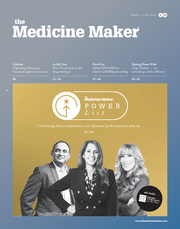Sea
Alan Kennedy:
“There is a growing momentum behind a shift from airfreight to ocean freight (‘modal shift’) as pharma shippers seek to raise quality and lower costs. With the arrival of GDP-compliant small-consignment (LCL) services, with superior insurance arrangements now in place, and with a proven ability for the safe shipment of biologics and high-sensitivity medications, ocean freight should be the automatic default for the long-distance transportation of pharmaceuticals.”
Mark Edwards:
“Ultimately most pharma manufacturers will need a combination of both sea and air but there is no doubt that they should set up their supply chains to move the majority by sea – with air being used only where absolutely necessary.”
Air
Stan Wraight
“There is no doubt that for high-value pharma (new drugs and trials), air is definitely the better choice. I am convinced that with all the investments that airlines and ground handling companies have made in temperature controlled cargo, a reasonably priced solution can be found in air cargo.”
Jan Krems
“Shipping by air is obviously more expensive, but we believe that the benefits in speed, safety, reliability and visibility are worth it. However, we also recognize there are low-margin generic drugs that need a more economical option – products where cost plays a primary role in which mode is chosen. We also recognize that with the continuing growth in the global trade in pharmaceuticals and life science materials, there is business enough for both air and sea modes, and both modes are making essential contributions to global health.”
Both
Cathy Robertson
“I’m still partial to airfreight because it is faster. However, if I was responsible for pharma shipments, I would seriously consider testing ocean freight for some of my products.”
Amy Shortman
“It all revolves around risk. Typically, if you have low-risk product from a value and temperature perspective, sea freight can be an excellent option to use. If you are moving very high value, highly temperature sensitive pharmaceuticals, then airfreight is the usual mode of preference. These are decisions for the shipper that demand a risk-based approach.”

Over the course of my Biomedical Sciences degree it dawned on me that my goal of becoming a scientist didn’t quite mesh with my lack of affinity for lab work. Thinking on my decision to pursue biology rather than English at age 15 – despite an aptitude for the latter – I realized that science writing was a way to combine what I loved with what I was good at.
From there I set out to gather as much freelancing experience as I could, spending 2 years developing scientific content for International Innovation, before completing an MSc in Science Communication. After gaining invaluable experience in supporting the communications efforts of CERN and IN-PART, I joined Texere – where I am focused on producing consistently engaging, cutting-edge and innovative content for our specialist audiences around the world.




